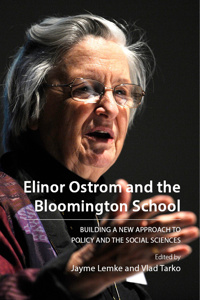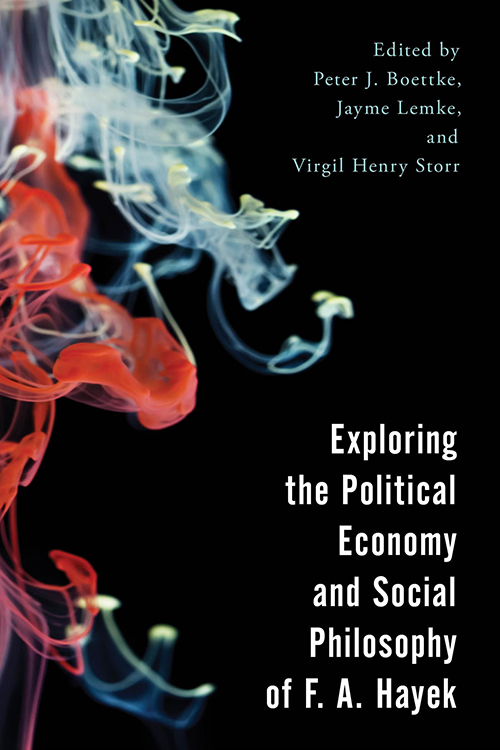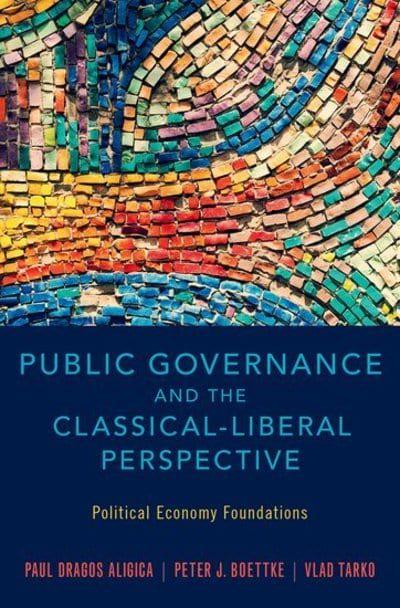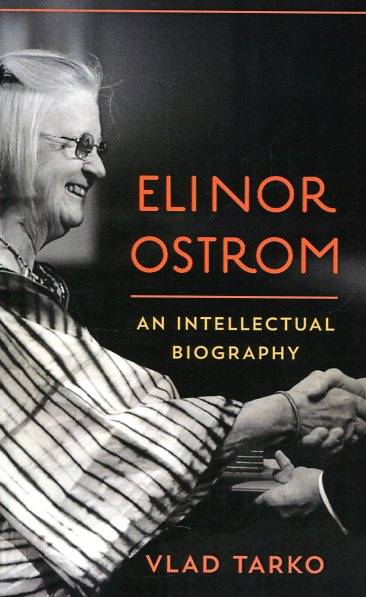Elinor Ostrom and the Bloomington School
building a new approach to policy and the social sciences
- ISBN: 9781788211246
- Editorial: Agenda Publishing
- Fecha de la edición: 2021
- Lugar de la edición: Bath Lane. Reino Unido
- Encuadernación: Rústica
- Medidas: 23 cm
- Nº Pág.: 194
- Idiomas: Inglés

Elinor Ostrom was the first woman to win the Nobel Prize in economics and her achievement has generated renewed interest in the Bloomington School research program in institutional economics and political economy.
These new essays showcase Ostrom’s extensive and lasting influence throughout economics and the wider social sciences. They contextualize the Bloomington School within schools of economic thought and show how Ostrom’s distinct methodology is used in policy-making and governance. Case studies are used to illustrate the value of civic involvement within public policy, a method pioneered by Ostrom and the Bloomington School.
The book provides a valuable resource for those keen to understand Ostrom’s approach, especially when applied to policy-making and wider application in the social sciences. Readers new to the Bloomington School will be introduced to its central areas of research while those already familiar will appreciate its subtle connections to other disciplines and research agendas.
1. Introduction: the Bloomington School in context
Jayme Lemke and Vlad Tarko
2. Public choice theory: reuniting Virginia and Bloomington
Emil Duhnea and Adam Martin
3. New institutional economics: building from shared foundations
Michael D. McGinnis
4. Elinor Ostrom as a behavioural economist
Vlad Tarko
5. New economic sociology and the Ostroms: a combined approach
Alice Calder and Virgil Henry Storr
6. Foundations of social order: the Ostroms and John Searle
Adrian Miroiu and Adelin Dumitru
7. Environmental policy from a self-governance perspective
Jayme Lemke and Jordan K. Lofthouse
8. Learning from the socialist calculation debate: is efficiency in public economics possible?
Peter J. Boettke
9. Public administration from "intellectual crisis" to "contemporary "governance theory"
Paul Dragos Aligica
10. Rethinking federalism: social order through evolution or design?
Rosolino A. Candela









